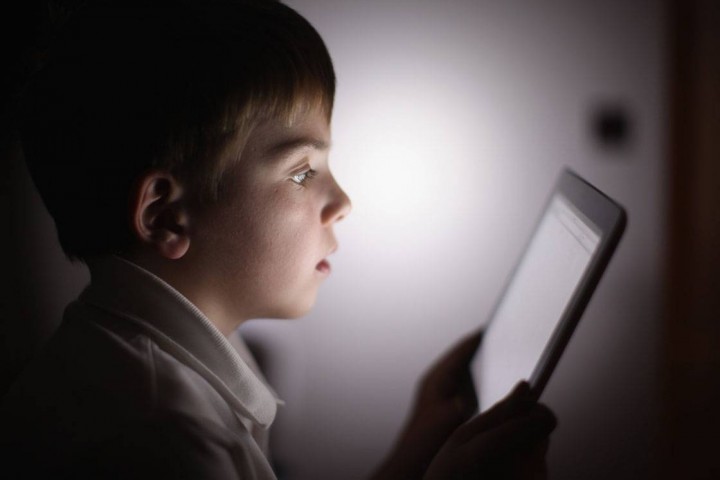As mobile technology becomes ubiquitous, some parents are more likely to use it than others to calm their child, according to a new study.

The study focused on the reasons for use, according to lead author and pediatrician Dr. Jenny Radesky, of the University of Michigan’s C.S. Mott Children’s Hospital.
She said parents were asked about how they managed different situations with their child using technology – everything from trying to establish peace and quiet in the house, modifying behaviour out in public, doing chores and to calm down an upset child.
Mobile technology was more likely to be used as a pacifier to calm a child with social-emotional difficulties during difficult behaviour, the study found. But it’s clear that mobile technology is playing a role, largely understudied, in family dynamics.
“My concern is more with when parents are using it as a ‘let me hand this over to you and let this distract you from whatever distress you were just in,’ because kids learn from handling their own distress not by being distracted from it,” Radesky told Global News.
READ MORE: Kids in daycare get less outdoor activity than kids who stay home: Canadian study
Radesky says this is not a warning that all technology is negative for children – some technology can be positive – parents just need to be more aware of how they are using it and for how long.
“When it’s just the only, or the principle coping skill that parents are using, that is what I am worried about, because it’s displacing other ways of helping to teach the child to calm themselves down,” said Radesky.
Researchers say the less control and more frustration parents felt over their children’s behaviour, the more likely they were to reach for mobile technology like a smartphone or tablet.
Also, be mindful of how much time your kids spend using mobile devices, parents may not be aware of the actual time spent on devices, according to researchers.
“That is a really important point. Is this only 30 minutes a day, is it becoming two to three hours a day, is this reflecting a child’s demand for this being their preferred play?”
The use of mobile technology can also makes a difference in how your child develops, according to Radesky. If there is quality content on the device that helps with active learning instead of passive watching, and parental involvement is valuable.
“It would be great if they had to use a device and there was some quality content on it,” said Radesky.
“We know toddlers can’t learn really well from screens unless they have a parent helping them through the process.”
The study included 144 children aged 15 to 36 months in low-income families. The research letter appears in JAMA Pediatrics.




Comments